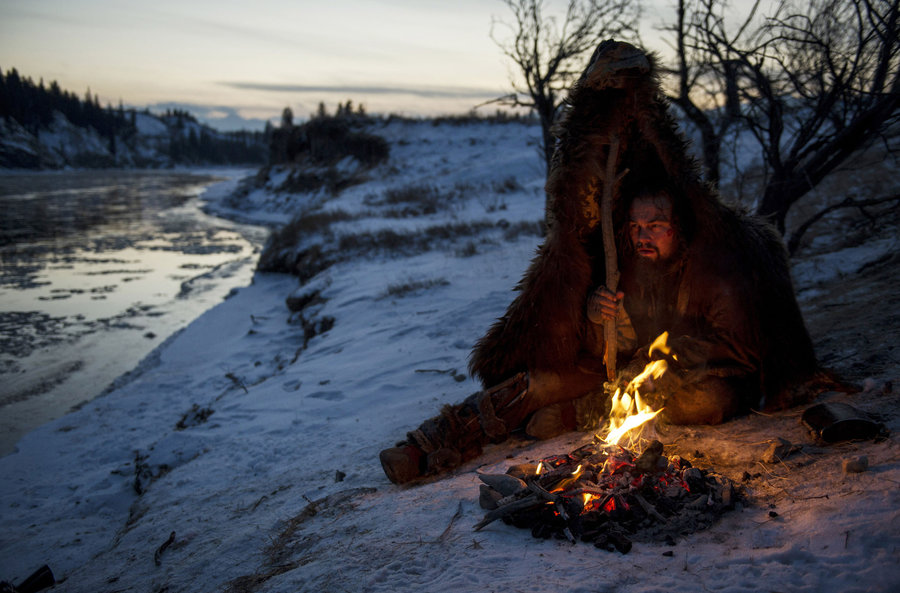
I see that the movie The Revenant is up for 12 Academy Awards. Evidently, it’s a very popular movie. For those unaware, this movie is about the famous mountain man Hugh Glass who survived a grizzly bear attack and killed the bear with a Green River knife. People say it was a “bowie knife”, but I would tend to think it was more along the lines of a Green River since that was the one the mountain men carried. But, ok, moving right along. America loves mountain man movies. Why? Stick with me here.
Back in 1972 we had the mountain man movie Jeremiah Johnson come out starring Robert Redford. That movie alone sent counter-culture hippies scurrying to the gun shops by the droves looking for themselves a “Hawken” rifle. The whole “mountain man” re-enactment genre was spurred by that movie in large part. And with good reason. The hero of these tales, which occupy American Frontier myth and legend cycles, is the man who says to heck with society and government, I’m heading to the wilderness. Let me say this. That idea did not originate on the American Frontier. The early Christians had hermits called “The Desert Fathers” and “The Desert Mothers” who, having become disillusioned with their societies and governments, went to live alone in various desert mountain ranges of the Middle East. The supported themselves by weaving baskets and selling them when they needed supplies. Rather like the American mountain men who supported themselves trapping beaver and buying supplies with the pelts at a yearly event called “Rendezvous”. There were also Buddhist hermits and also itinerant monks that traveled up and down the Silk Road. It’s actually not that uncommon for people throughout history to become disillusioned with what their societies call “freedom” and venture out to seek that as a true fact in the wilderness on their own. But in America, we’re closer to the source here because our Frontier era was not all that long ago.
We also had, starting in 1977, the television series Grizzly Adams which came on the heels of a 1974 movie called The Life And Times Of Grizzly Adams. This was, of course, following up on the popularity of the Jeremiah Johnson deal. But, again, it tapped into that part of the American psyche that wants REAL freedom, and not what the government is pawning off on us as “freedom”. It truly wasn’t all that surprising that Jeremiah Johnson spurred people wanting to live that way, considering it was released towards the end of the Vietnam War. People saw what obeying what the government termed “freedom” got you: A ride home from Southeast Asia in a body bag. But Grizzly Adams had an interesting premise. Grizzly Adams was a man wrongly accused of a murder he didn’t commit. So he fled to the wilderness to escape. Right there is the unspoken idea of fleeing oppressive government to the wilderness. And, in case we needed reminding, fleeing American government authorities. Once there, Adams saves a grizzly bear cub who becomes his friend and that’s why Adams gets re-named as “Grizzly” Adams. He’s also befriended by a cantankerous old mountain man and a Native American that lives nearby. Even the theme song of Grizzly Adams told us what the message was. The theme song told us that maybe there’s a world where we won’t have to run, where we can live in harmony and majesty. And: Take me home, take me home, it said. In case anyone missed the song’s message, in order to have a world where we don’t have to run, and to live in harmony and be at home, we have to escape the government. People say, “Yeah, well, that was a TV show!” Right, and Jeremiah Johnson was only a movie, but that movie basically inspired the “Buckskinners” who have a culture all their own here in the United States and, now, in Europe also. Today, Grizzly Adams would be the recipient of a no-knock raid by federal SWAT teams.
But what of the real mountain men (continue reading)

